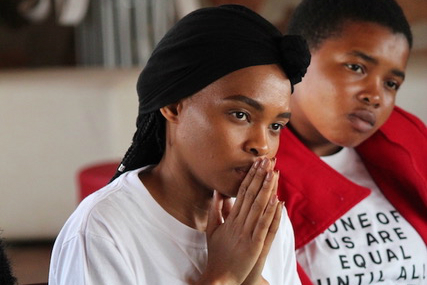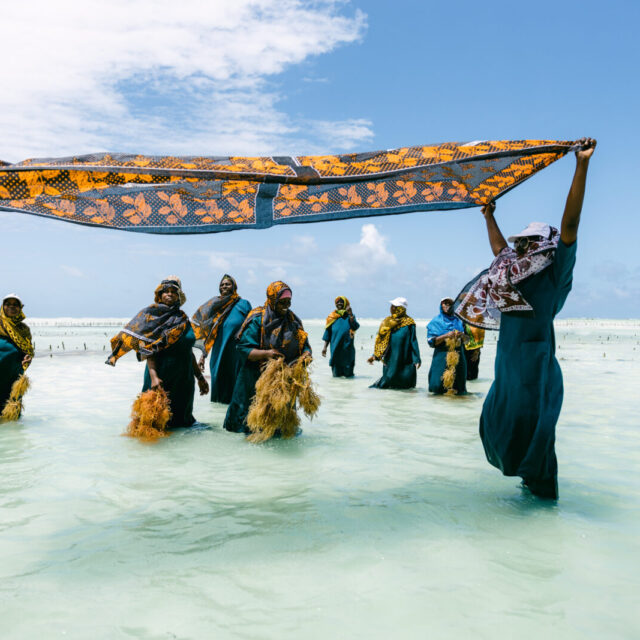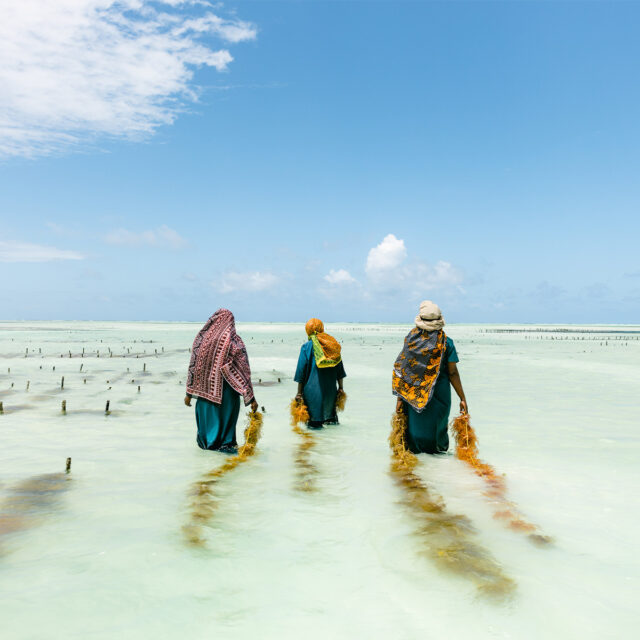This blog post was written by Mpho MacChambers, ONE Strong Girl Ambassador.
There is an old African proverb that says ‘it takes a village to raise a child’. In my experience, it takes a village to raise the voices of rural women and girls, too.
On the 9th of August 1956, 20 000 valiant South African women marched to the Union Buildings in Pretoria to protest against the apartheid government’s stringent ‘pass’ laws. Sixty-two years later, the socio-political voice of women in South Africa still rings loudly; however only faint echoes of it can be heard in the rural villages where traditional norms and the patriarchy continue to stifle the progress of women and girls of all ages.
From the little girl who is strapped to her battered mother’s back, to the old woman who is living on a dwindling pension fund, women and girls in remote rural areas in South Africa seem to have been left behind by the surge of gender equality movements campaigning this month. Having grown up in a village in the heart of Limpopo and where a woman’s place is still perceived to be only in the kitchen – I wanted to make a difference this women’s month by raising the voices of such forgotten communities as I, too, had once been a part of them. And so, armed with ONE’s advocacy mission in mind and campaigning tools in hand, I, together with a team of stalwart volunteers, recently headed to rural GaMashashane to set up an advocacy workshop designed to train local villagers to use their voices to inspire change in their community.
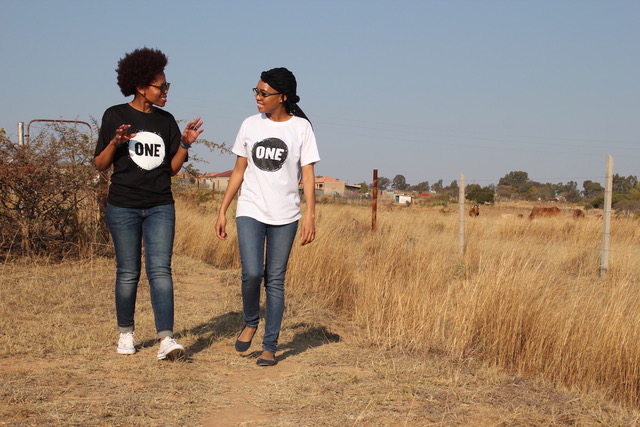
Shortly after arriving at the foot of a landmark mountain in the village on the day of the workshop, we were greeted by Bianca, a community leader in her early 40s who had been involved in youth development in GaMashashane for over 10 years. She, and a group of local high school teachers, had been eager to receive our campaigning program; later admitting how excited the participants were to meet and interact with visitors from outside who cared about gender equality and eradicating poverty through rural women empowerment.
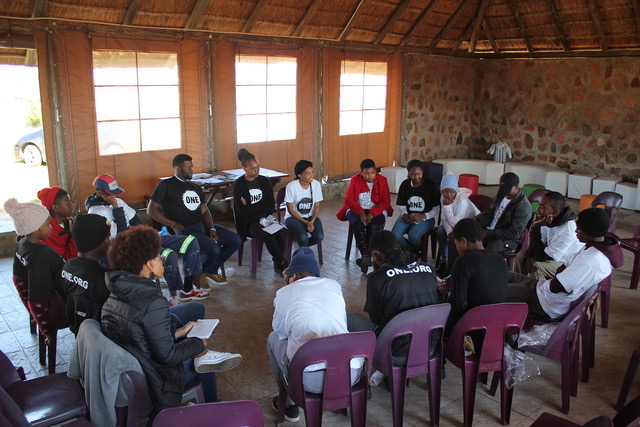
Participants of different ages, both male and female, arrived at our workshop with an inquisitiveness and zeal to learn better ways to advocate for change. We were particularly inspired by the large number of young men and boys who came to rally behind their mothers and sisters despite growing up in a community that traditionally endorses gender inequalities. This gathering of diverse and passionate locals was proof enough that it does, indeed, take the communal effort of a village to raise the voices of women and girls on critical issues which, ultimately, do affect the well-being of the entire society.
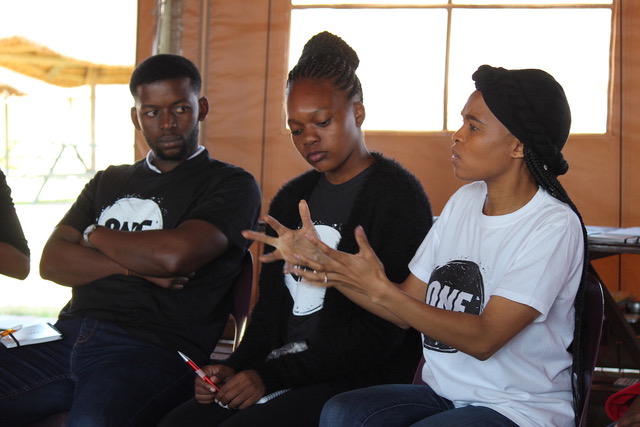
Issues which were raised and explored during the workshop specifically centred on ONE’s priority areas of Education, Health and Agriculture; touching on the impact of gender inequality in each of these sectors of society and how women and girls in the village were particularly affected by such inequality. Stories of young girls dropping out of school due to experiencing sexual harassment at the hands of male teachers, teenage pregnancy and the growing ‘sugar-daddy’ culture were also sadly prevalent. In addition to challenges in education, participants also highlighted the need for better healthcare access, training and treatment for rural women and girls – including the need to solve for the limited supply of free sanitary pads in village areas. Some of the older female participants of the workshop also voiced their frustration of having critical skills in Agriculture, but no formal business training to help them monetise such skills.
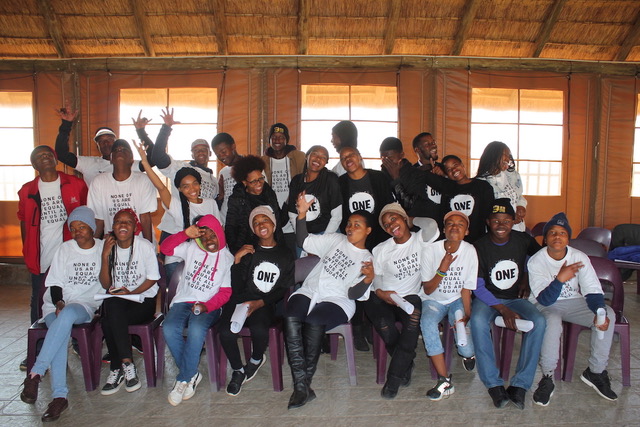
At the end of a long and exciting day of engaging in critical dialogue and brainstorming solutions to some of the community’s biggest problems, the workshop came to a final close with our team sharing advocacy and campaigning tactics, tools and best practices which the villagers can use to mobilise grassroots-level change. The participants enjoyed repeating ONE’s catchy gender equality slogans, proudly reading them out loud, and were eager to draw on ONE’s approach, messaging and public engagement strategies as inspiration for their own campaigning efforts.
Photos supplied by Mpho MacChambers
